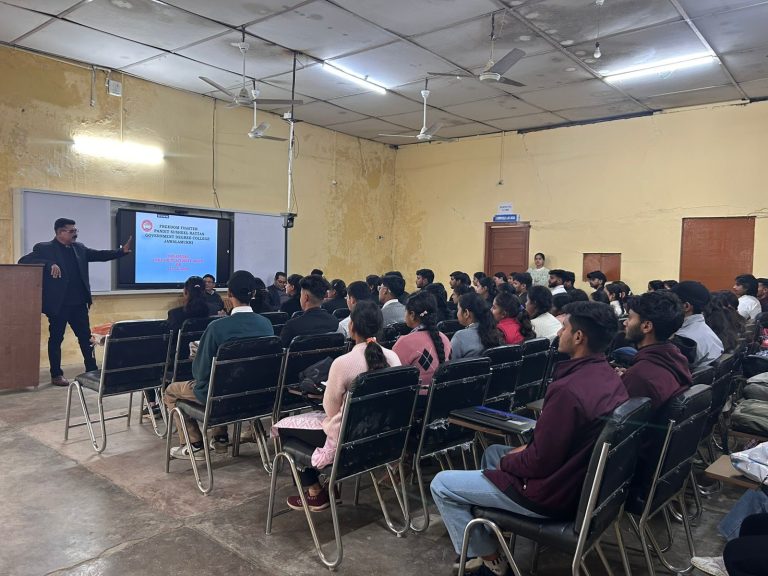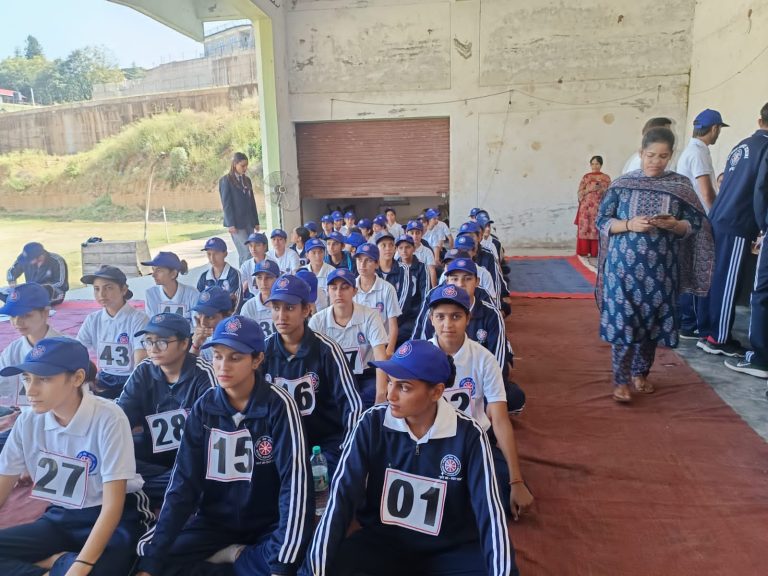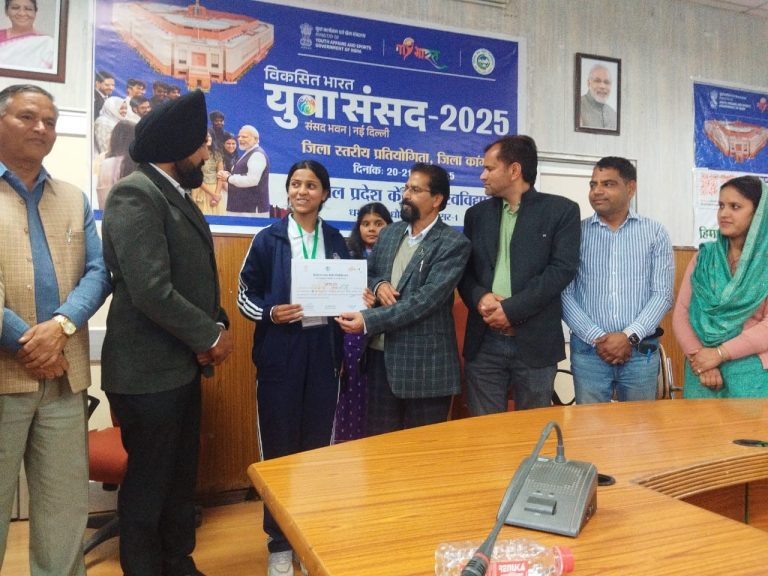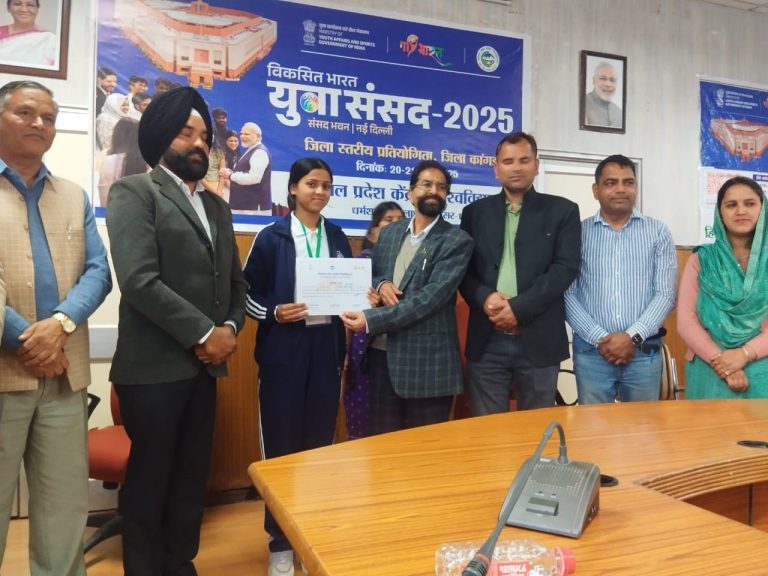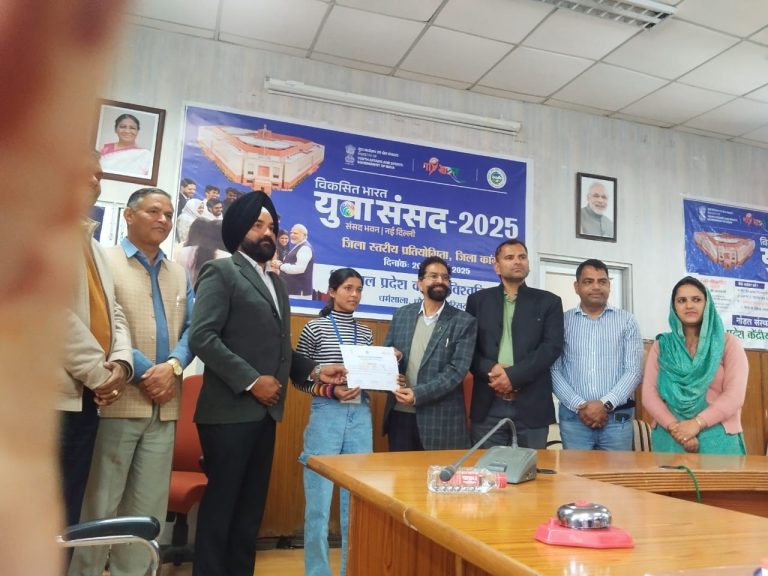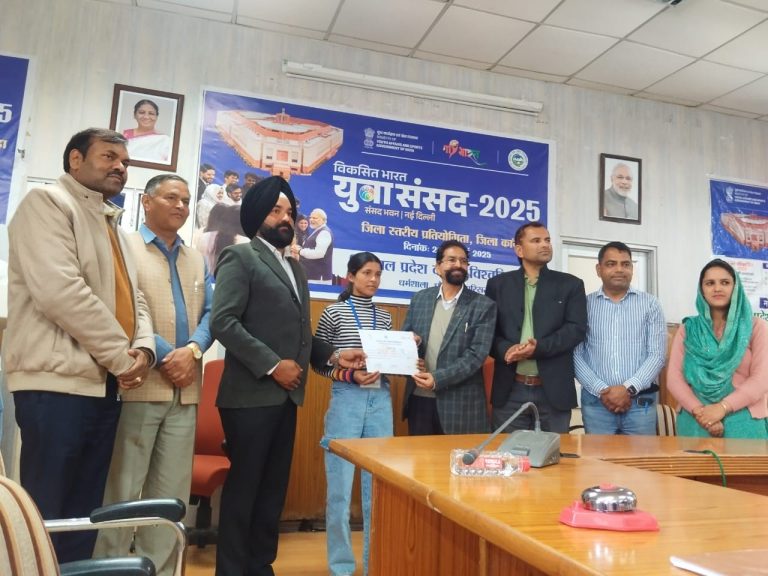History Society
Department of History Government College, jawalamukhi
The Department of History at Government College, Jawalamukhi has a rich and storied past, reflecting the institution’s commitment to fostering a deep understanding of the past and its impact on the present.
VISION
- Our envision is to become a beacon of intellectual exploration, fostering a deep appreciation for the richness of human experience across time and cultures.
- We strive to cultivate a generation of scholars and citizens who engage with history as a dynamic lens through which to understand the complexities of the past and the world around them.
- Our vision is to inspire curiosity, critical thinking, and a lifelong passion for uncovering the stories that shape our collective identity.
Mission
The mission of the Department of History is to provide a comprehensive and rigorous education in the field of history. We are dedicated to:
- Educational Excellence
- Research and Scholarship
- Cultural and Contextual Awareness
- Global Perspective
- Ethical and Civic Engagement
- Interdisciplinary Collaboration
- Community Outreach
- Inclusivity and Diversity
In essence, the Department of History is committed to nurturing curious, critical, and empathetic individuals who harness the power of historical knowledge to shape a more informed and just society.
Programme Specific Outcomes
The main focus in the history course at the UG level is on the stages of human civilization, the evolution of the social system, and cultural and scientific development.
- Learn a basic narrative of historical events in a specific region of the world in a specific time frame.
- Distinguish between primary and secondary sources.
- Understand the basic tools of historical analysis.
- Understand the value of diversity.
- Understand the basic skills that historians use in research.
- Believe in the equality of man irrespective of caste, creed, religion, or colour.
- Understand the difference between local, national, and international history.
Specific Goal
- Incorporate interdisciplinary elements for a well-rounded education.
- Projects for hands-on historical exploration.
- Field trips to historical sites, archives, and museums.
- Encourage participation in history-related conferences and events.
- Promote online courses for diverse learning preferences.
- Use digital tools for collaboration and virtual discussion.
- Encourage original research by students and faculty.
- Assignments analyzing primary sources and historical interpretation.
- Enhance communication through writing and presentations.
- Discuss historical bias, representation, and ethical interpretation.
- Explore the relevance of historical events to social issues.
- Promote responsible use of history in public discourse.
- Foster interdisciplinary collaboration across departments.
- Assess courses/programs for alignment with outcomes.
- Collaborate with cultural institutions to preserve local heritage.
- Engage in heritage preservation projects and oral history documentation.
Teaching Methodology
Teaching history at the undergraduate level requires a thoughtful and engaging methodology that fosters critical thinking, analytical skills, and deep understanding.
- Lecture-Based Approach
- Discussion-Based Learning
- Case Studies and Primary Sources
- Experiential Learning
- Project-Based Learning
- Digital Tools and Technology
- Critical Analysis of Secondary Sources
Student Engagement
- Group discussions and debates.
- Encourage student questions and inquiry.
- Discussions on historical perspectives and biases.
- Creative assignments on historical topics.
- Visits to museums, historical sites, and archives.
- Guest lectures for enhanced engagement.
Methodology of Teaching for Slow Learners
- Individualized Instruction
- Clear and Simple Instructions
- Visual Aids
- Repetition and Review
- Extended Time
- Hands-on Activities
- Patience and Encouragement
Methodology of Teaching for Fast Learners
- Advanced Content
- Complex Challenges
- Independent Projects
- Flexible Pacing
- Discussion and Debate
- Cross-disciplinary Connections
- Encourage Reflection
Future Goals
- Digital and Technological Integration
- Interdisciplinary Collaboration
- Globalization and Comparative History
- Environmental History
- Social Justice and Activism
- Research Innovation
- Critical Thinking
These goals reflect the evolving nature of history as a discipline and its growing importance in understanding the complexities of the past, present, and future.
The Department of History plays a crucial role in shaping the next generation of historians, educators, researchers, and informed citizens.
Conclusion
The Department of History stands as a beacon of exploration into the tapestry of human experience. Through the lens of the past, we gain invaluable insights that illuminate our present and guide our future.
The department’s goals are not confined to the pages of textbooks; they transcend boundaries and intersect with numerous facets of society.
In an age of rapid change, the Department of History remains steadfast in its commitment to fostering critical thinking, cultural understanding, and global awareness. By embracing diversity, technological innovation, and interdisciplinary collaboration, the department is not only adapting to the evolving landscape of education but also shaping it.
As we move forward, let us remember that the study of history is not confined to academic halls alone. It extends into our communities, influencing the narratives we create, the decisions we make, and the societies we build.
The Department of History empowers students to engage with the complexities of the pas
